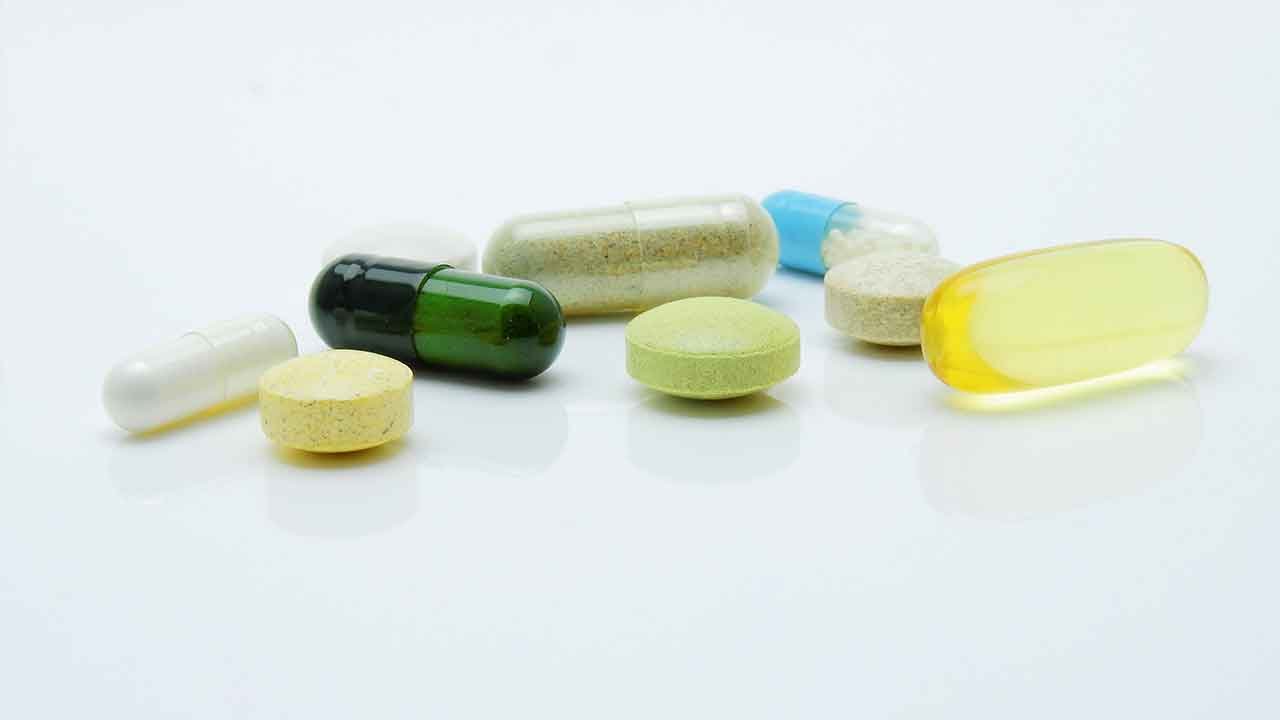The term pads refer to a precise pharmaceutical form intended to slowly dissolve in the mouth to convey the active weight-loss substance within the body.
However, I imagine that this term refers to all pharmaceutical preparations intended for oral intake for slimming purposes (tablets, tablets, capsules, confetti, etc.).
First of all, if we want to talk about slimming pills, we need to distinguish between drugs and supplements.
In the first case, slimming tablets are only available in the pharmacy, generally on presentation of a prescription; in the second, however, the slimming pills are at the mercy of everyone, in supplements stores, in groceries, in herbal shops, on the internet, and the same pharmacies.
Currently, there are only two medications approved for use for slimming purposes: sibutramine and orlistat pills.
Sibutramine stimulates a sense of satiety, reducing food consumption; it also increases thermogenesis with mechanisms of action similar to that of ephedrine, an active ingredient of natural origin useful for weight loss but no longer marketable as a supplement.
The main side effects are cardiovascular nature (tachycardia, palpitations, hypertension), such as making these pills contraindicated in the presence of heart and cardiovascular problems (high pressure, atherosclerosis, coronaropathies, etc.).
On 24 January 2010, Sibutramine was again banned from the market, as the potential risk from taking Sibutramine would outweigh the potential benefits.
Orlistat-based tablets, on the other hand, reduce the absorption of food fats.
As such, they can cause flatulence, incontinence, oily injections, and fecal urgency, especially after taking particularly rich meals of lipids.
In 2015, the European Medicines Agency approved the use of two new “anti-obesity” drugs to promote body weight management in adult patients.
The two drugs – based respectively on the active substances naltrexone and bupropion (Mysimba ®) and liraglutide (Saxend ®) – act at the level of the brain centers that control satiety, reducing the appetite and the amount of food consumed by patients.
Mysimba ® is available in the form of prolonged-release pills for oral intake, while Saxenda ® requires a subcutaneous injection into the thigh, upper arm, or abdomen.
There are also some other medicines with a significant slimming effect but not approved for this purpose.
These include thyroid hormones (see euthyrox), acarbose, phendimetrazine, and its analogs: Phentermine, benzfetamine, diethylpropion, and mazindol, among the drugs banned for quite serious side effects, but unfortunately still available on the black market.
All weight-loss pills mentioned in this paragraph have precise side effects and contraindications; as such, they must necessarily be taken under strict medical supervision, following the recommended methods.
Among the general risks of abuse are thyroid dysfunctions, lung complications (primary pulmonary hypertension), cerebral (stroke), and heart problems (histological alterations of heart valves, hypertension).
Even wider is the panorama of supplements to lose weight.
Their effect is undoubtedly lower than that of the drugs mentioned above, but also, the risk of side effects is generally contained.
Below is a brief overview of the most well-known slash pills marketed as supplements.
INTESTINAL ABSORPTION ANORESIZERS AND MODULATORS: dietary fiber supplements, taken together with generous amounts of water, bloom inside the stomach, favoring a sense of satiety.
Also, they act at the intestinal level by modulating and reducing the absorption of fats and carbohydrates. Among these supplements to lose weight, we remember bran, guar and gum, karaya gum, psyllium, psyllium seeds, agar-agar, glucomannan, pectin, Konjac flour, alginate and alginic acid, carrageenan.
Fiber should not take supplements before they lie down, as, by bulging rapidly, they could cause esophageal obstructions resulting in night asphyxia.
In general, it is not recommended to use it in the presence of obstructions or intestinal inflammations, stenosis pyloric, megacolon, marked meteorism, and functional dyspepsias.
It is also recalled that the massive intake of bran for therapeutic purposes significantly reduces intestinal absorption of calcium, zinc, magnesium, and phosphorus, all essential elements for the body, especially during growth, in the elderly, debilitated subjects, and pregnant women.
In this case, it is essential to supplement the diet with vitamin and mineral supplements.
THERMOGENIC AND NERVINE FOOD: recalculate the action of catecholamines favoring their release and/or stimulating their receptors; this increases the metabolic activity of the body. Pads and various extracts of bitter orange (sour fruit), cocoa, coffee (seeds), guarana (seeds), matè (leaves), ephedra (aerial parts), black tea (leaves), green tea (leaves), and Yohimbe (bark of the stem) belong to this category.
Excessive use of these herbs to lose weight is accompanied by well-known and dangerous adverse effects of a psychic nature (agitation, nervousness, anxiety, insomnia) and cardiovascular (palpitations, tachycardia, and hypertension).
MARINE ALGAE SUPPLEMENTS: they are a generous source of iodine — an essential mineral for synthesizing thyroid hormones — and soluble fibers, like alginates.
Pads containing extracts of seaweed (seaweed (fucus) and other algae) can therefore facilitate slimming by supporting the body’s metabolic activity and carrying out an anorexizing effect.
Hyperdosage can cause hyperthyroidism, thyroid dysfunctions, tremors, irritability, hot flushes, tachycardia, insomnia, and arterial hypertension.
In general, it is a good rule to consult the doctor in advance to verify the absence of contraindications to the use of any tablet to lose weight.
